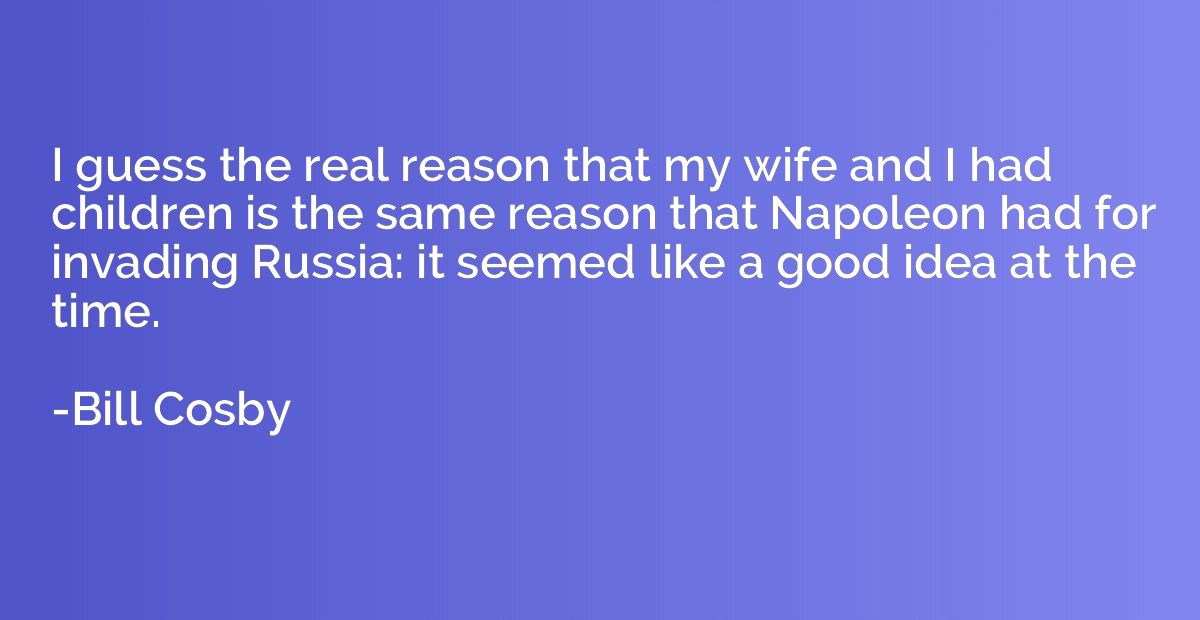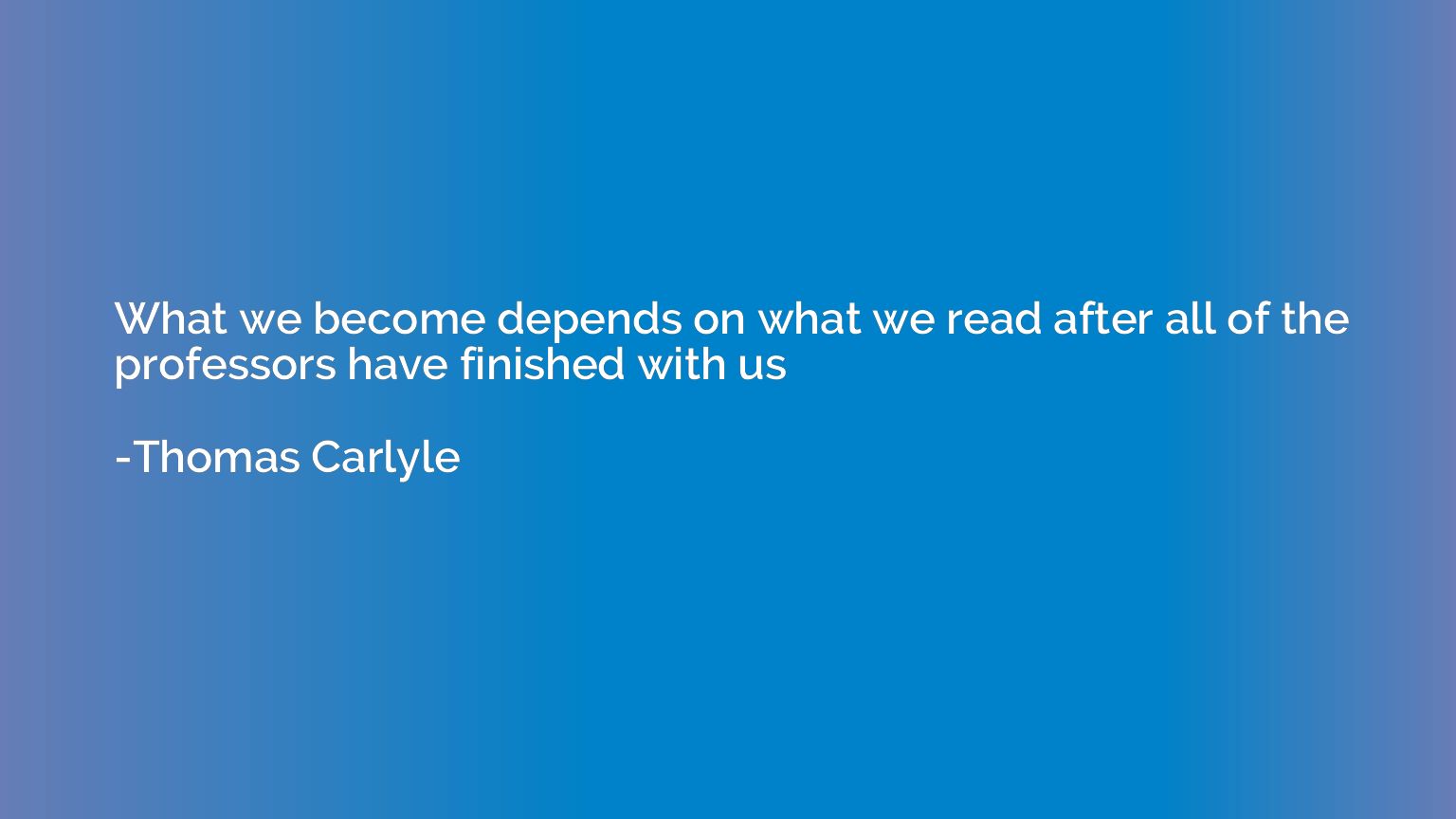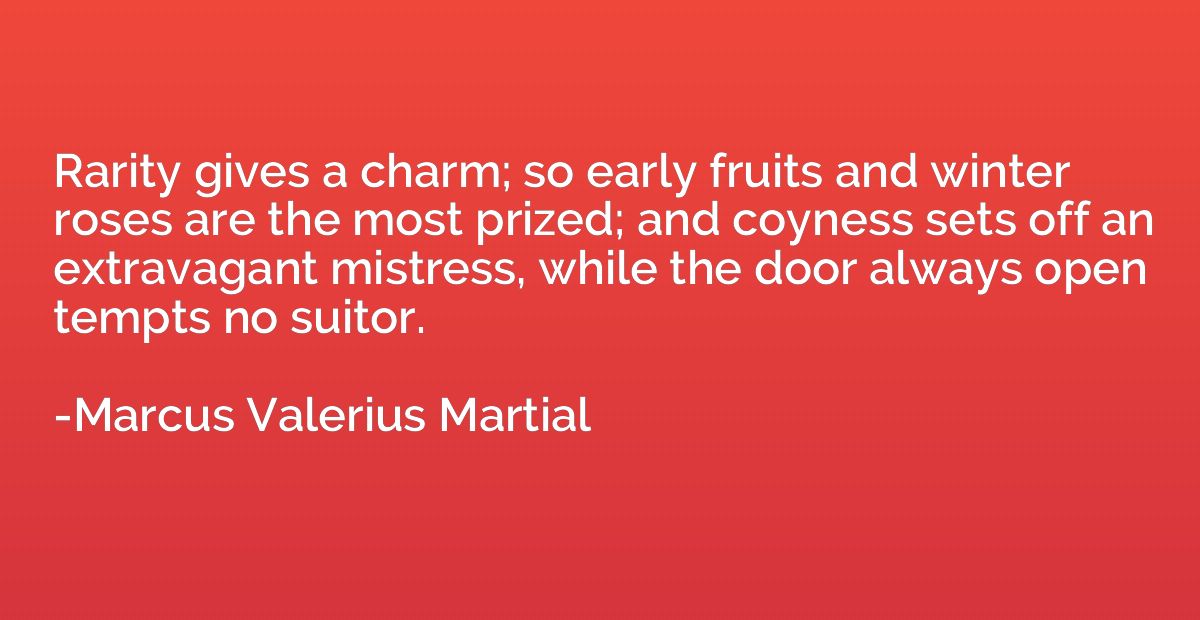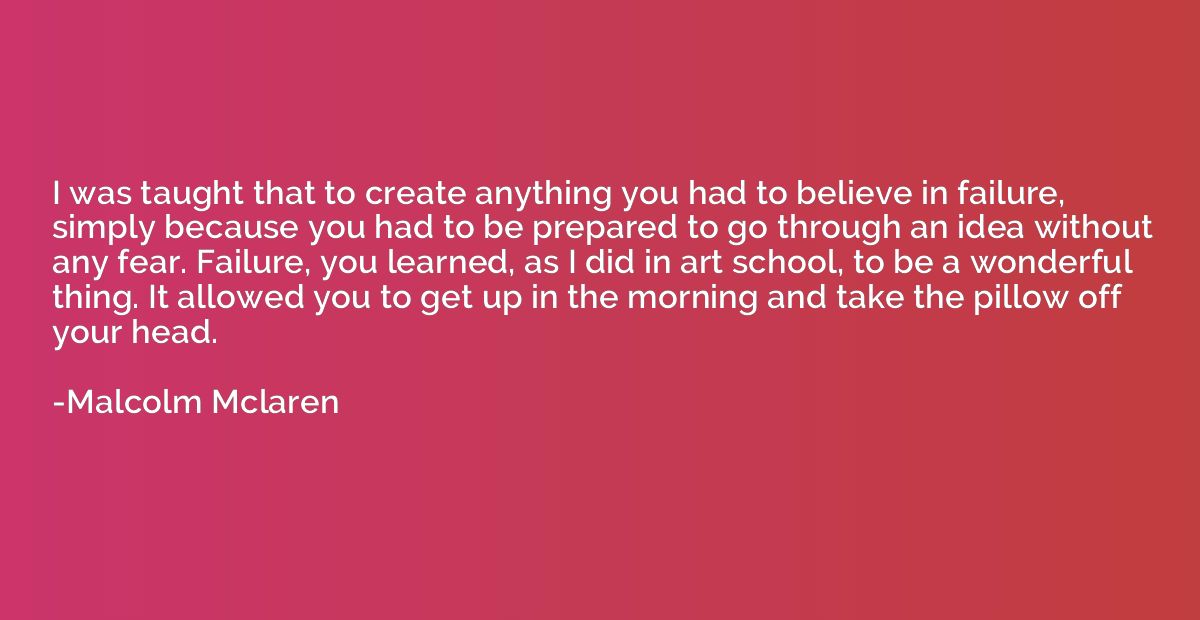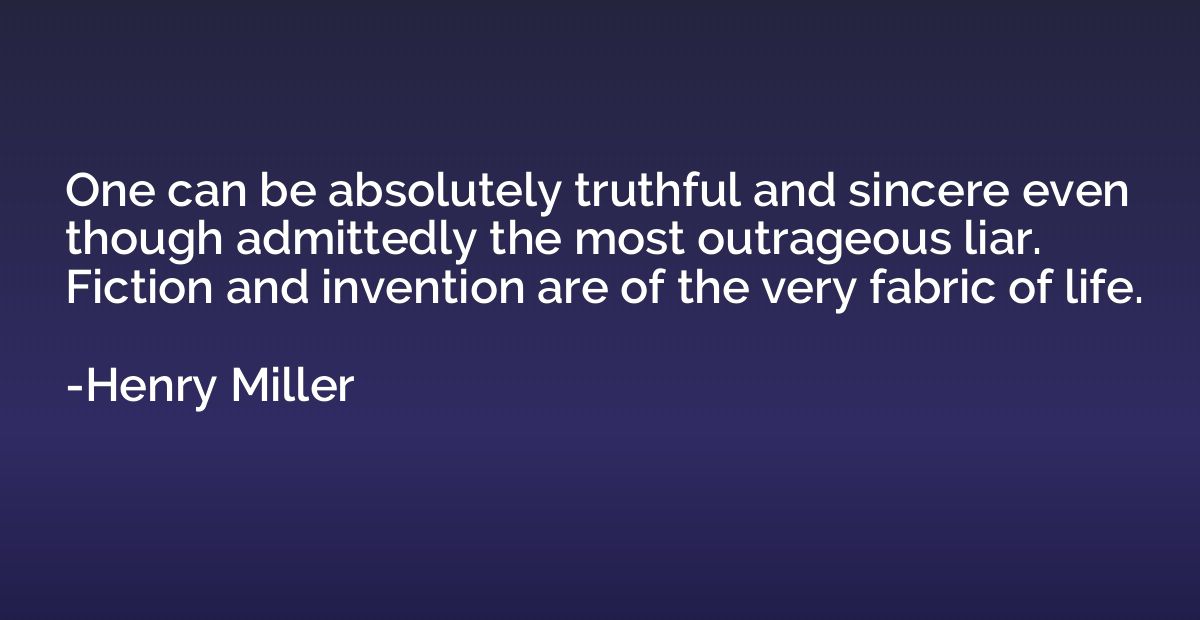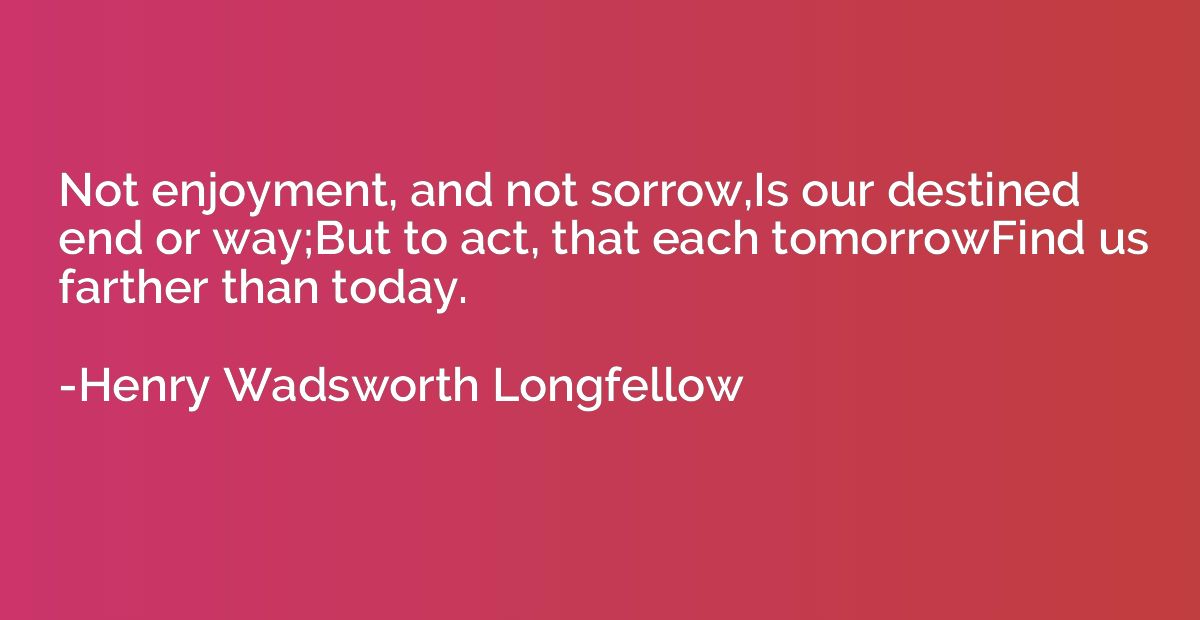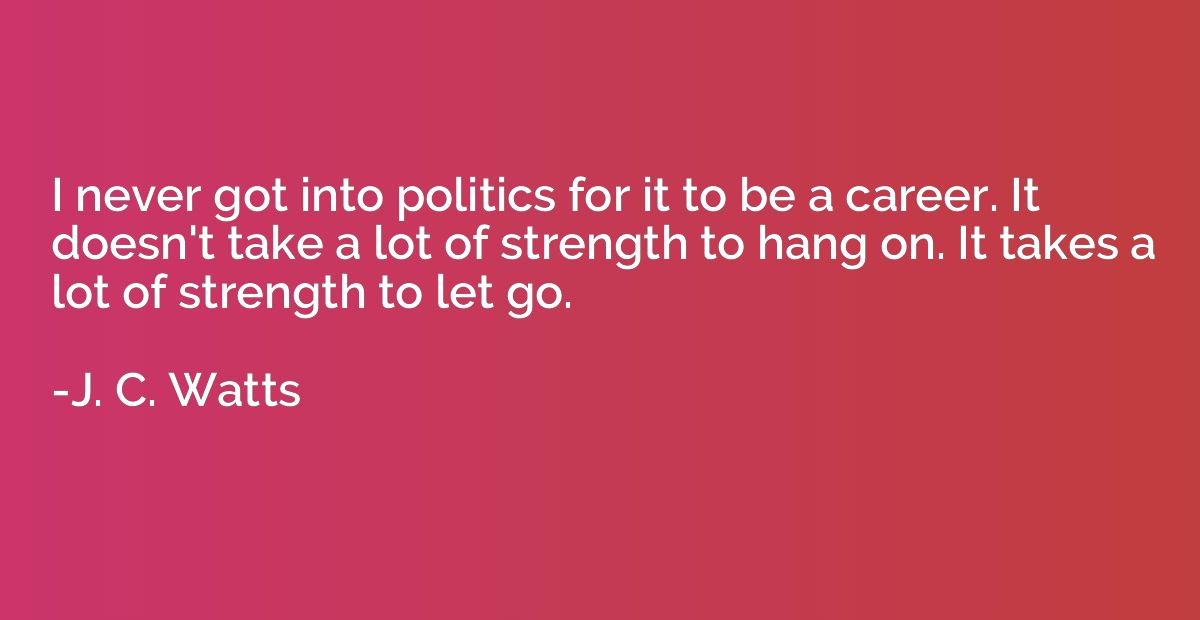Quote by Friedrich Von Schlegel
The innermost meaning of sacrifice is the annihilation of the finite just because it is finite. In order to demonstrate that this is the only purpose, the most noble and beautiful must be chosen; above all, man, the fulfillment of the earth. Human sacrifices are the most natural sacrifices. Man, however, is more than the fulfillment of the earth; he is reasonable, and reason is free and nothing but an eternal self-determination toward the infinite. Thus man can sacrifice only himself, and that is what he does in the omnipresent sanctissimum of which the masses are not aware. All artists are self-sacrificing human beings, and to become an artist is nothing but to devote oneself to the subterranean gods. The meaning of divine creation is primarily revealed in the enthusiasm of annihilation. Only in the throes of death is the spark of eternal life ignited.
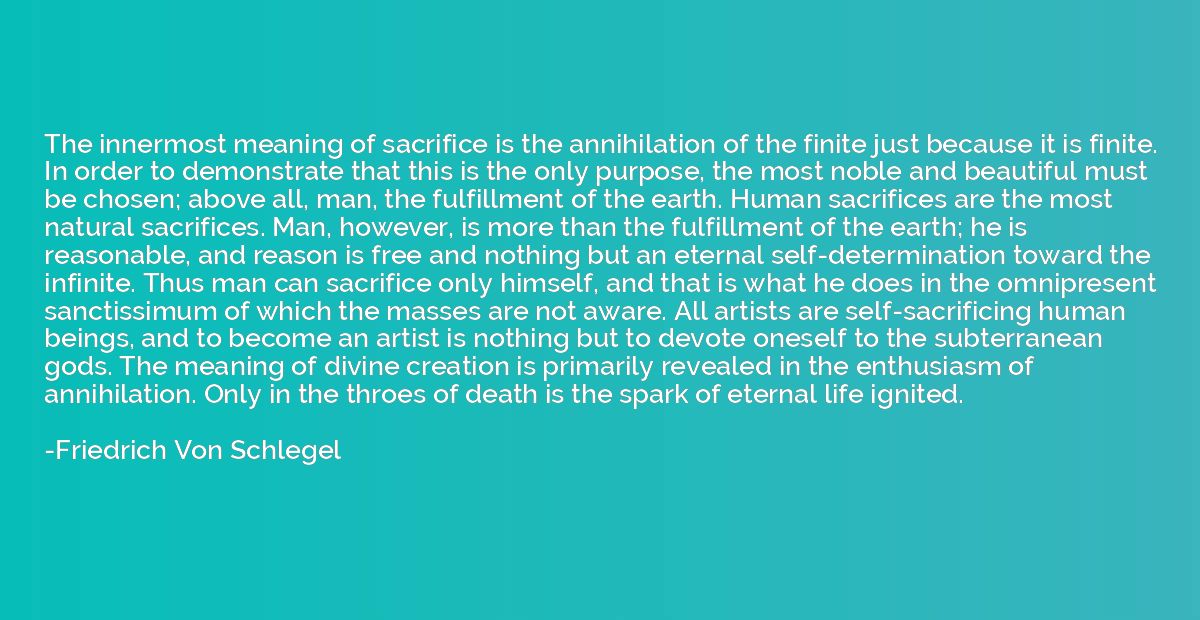
Summary
This quote highlights the concept of sacrifice in terms of its innermost meaning and purpose. It suggests that sacrifice entails a deliberate annihilation or giving up of something finite, demonstrating that its primary aim is to exalt the most noble and beautiful aspects. Human sacrifices are seen as the most natural sacrifices because humans are considered the fulfillment of the earth. However, it emphasizes that man is not just an earthly being but also possesses reason and the capacity for infinite self-determination. Therefore, true sacrifice for man can only be the sacrifice of oneself, which is done in the profound sanctity that is omnipresent but often overlooked by the masses. The quote further asserts that all artists are self-sacrificing individuals, as becoming an artist signifies dedicating oneself to hidden, underworld deities. Ultimately, this profound act of sacrifice serves to ignite the spark of eternal life within the individual.





